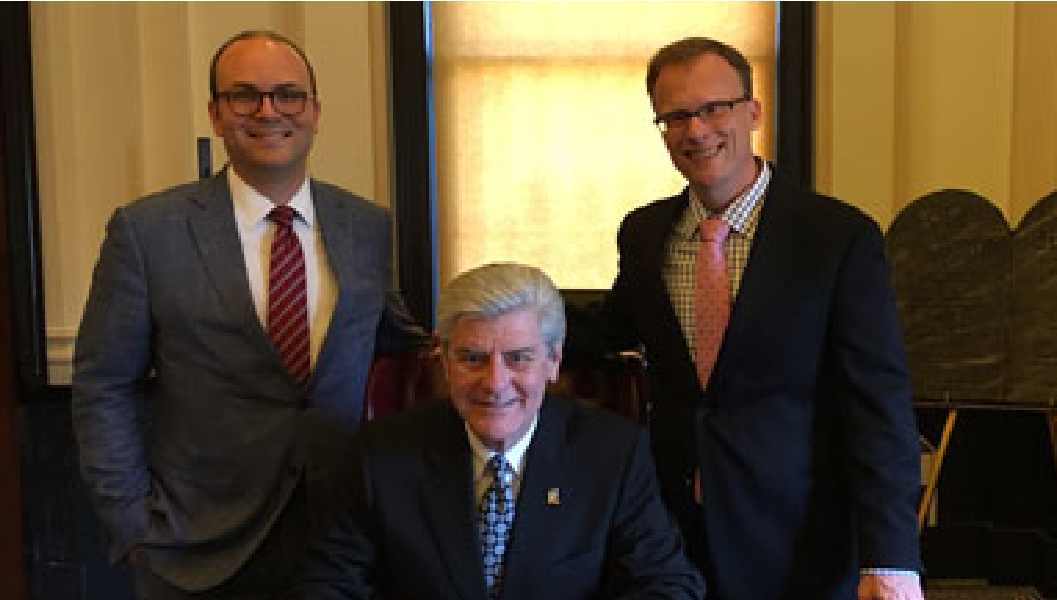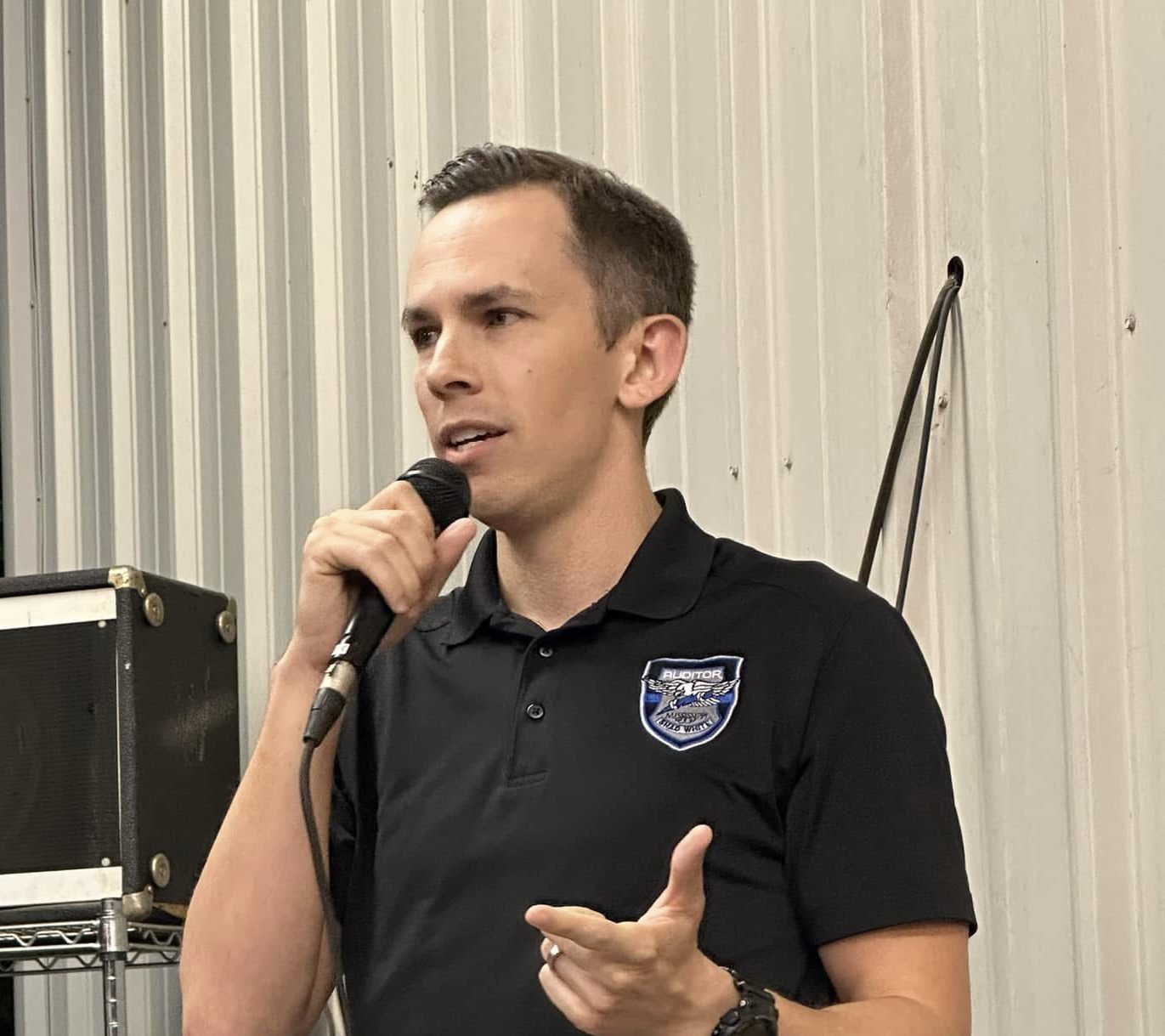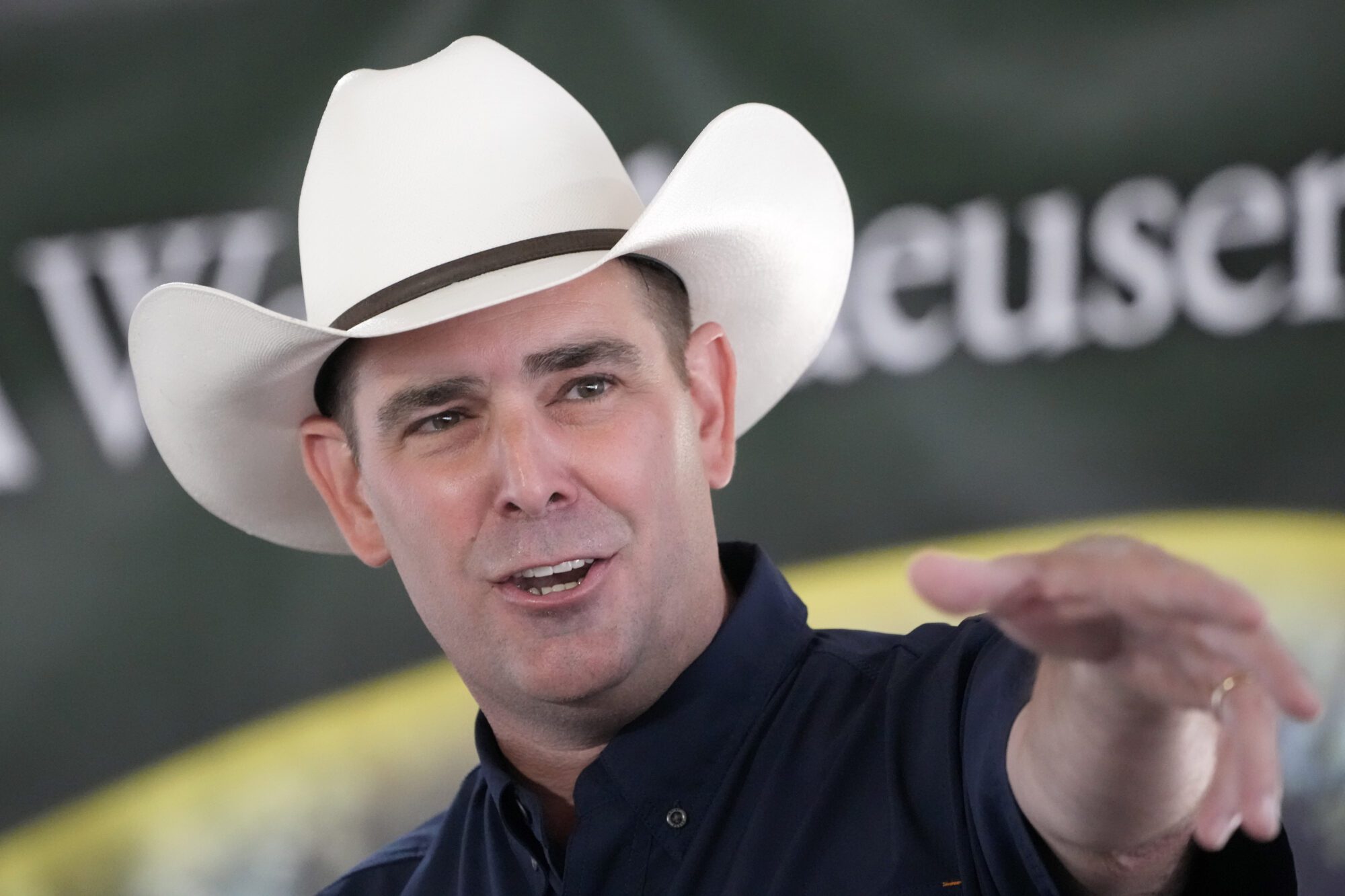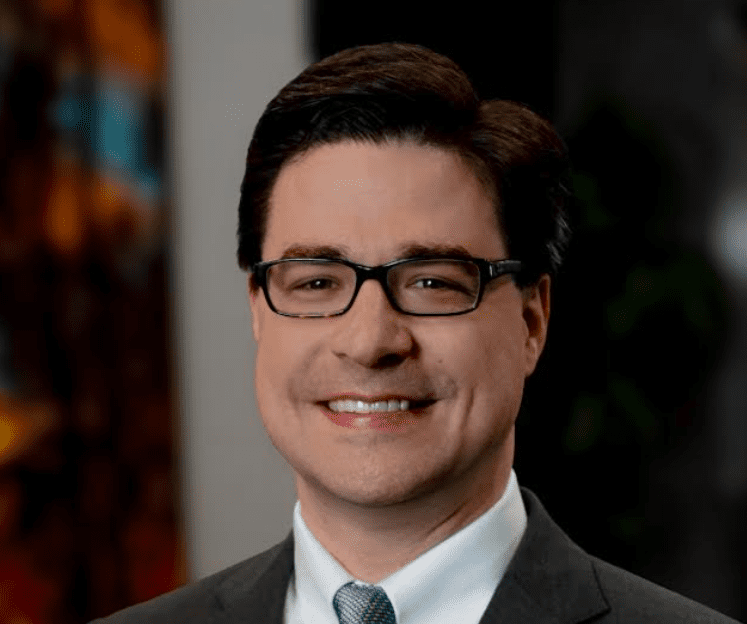
Almost every significant piece of family-oriented legislation passed in Mississippi in recent years bears Jameson Taylor’s fingerprints. The law that ultimately toppled Roe v. Wade is no exception.
Unless you are in the weeds of public policy, there’s a good chance you have never heard of Jameson Taylor. But if you believe unborn life is worth protecting, Taylor’s contributions in the fight for life warrant praise. He quietly sits at the heart of the recent Dobbs v. Jackson Women’s Health Organization decision.
For more than a decade, the humble policy “wonk” has labored tirelessly on behalf of families and children. Taylor is a work horse in a political world dominated by show horses, which is to say he gets things done with little recognition and no real desire for it.
And yet, almost every significant piece of family-oriented legislation passed in Mississippi in recent years bears his fingerprints. The law that ultimately toppled Roe v. Wade is no exception.
The Decision
One year ago, the U.S. Supreme Court issued its ruling in Dobbs. The Mississippi-based case overturned the Roe v. Wade precedent that had prevented state restrictions on abortion dating back to 1973.
The Court in Dobbs was asked to consider the constitutionality of the Gestational Age Act. The 2018 Mississippi law prevented most abortions after 15 weeks of pregnancy. Justices ultimately upheld the law, but went a step further overturning Roe.
Despite much of the rhetoric, the Supreme Court’s Dobbs decision did not “outlaw” abortions. It did not make any policy. The High Court simply recognized the Constitution was silent on the subject of abortion. Nothing in it provided an unfettered right to abortion. Nothing in it prevents abortions.
Instead, decisions about abortion belong constitutionally to the legislative branch, which is given the power to make policy. The Dobbs decision returned to elected leaders in each state the right to make their own policies, meaning that some states would protect abortions, while others chose to restrict. This approach is the very essence of the notion that states are the “laboratories of democracy.”
The Credit (Or Blame)
In the year since the Dobbs decision, a bevy of Mississippi politicos have taken credit for overturning Roe. Much of that credit is due. Making policy, and even winning high profile legal battles, is not a solo sport.
Outgoing Speaker Philip Gunn’s tenure was marked by a deep commitment to promoting family and social values aligned with his faith perspective. The Gestational Age Act, like much of the “pro-family” legislation passed in Mississippi over the last decade, originated in his chamber.
The bill ran through then Lt. Governor Tate Reeves’ Senate. Along its way to then-Governor Phil Bryant’s desk for signature, many legislators led. Many more voted in favor.
Attorney General Lynn Fitch inherited a lawsuit against the Gestational Age Act and saw it through the courts. Solicitor General Scott Stewart did a masterful job arguing before the Supreme Court.
Throughout the process, pro-life and religious groups rallied in support of both the legislation and the litigation.
But the grand sequence of events, and much of the behind the scenes work to get the Gestational Age Act passed, starts with Taylor. He helped write the Gestational Age Act.
Taylor compiled the research and arguments in its favor. He lined up and prepared bill sponsors. He built coalitions of support and he shepherded the bill through the legislative process, working with leaders.
To put a finer point on it, the Gestational Age Act does not happen without his initiative, and without the law, the downfall of Roe v. Wade might have been years in the future, if ever. In a very real sense, his work contributed to one of the most consequential landmark legal decisions in our lifetime.
A Final Thought
Having known Jameson for a number of years, I suspect he would be uneasy with receiving this credit in a one-on-one conversation, much less in “print.” I am, however, comfortable with his unease, because the impact of his diligence, effort and perseverance cannot be overstated. It warrants recognition.
When the Gestational Age Act passed in 2018, I agreed with the mission, but was skeptical of the law’s potential. Even though I believed Roe was extremely faulty law, internally I doubted it would ever be overturned. I was wrong.
In the years to come, hundreds of thousands, if not millions, of children will be born because Taylor refused to just accept Roe was a part of our reality and kept pushing ideas to challenge it, to protect unborn life. These children will play with your children and grandchildren. They will have hopes and dreams. They will have a chance to rise to their potential and contribute.











